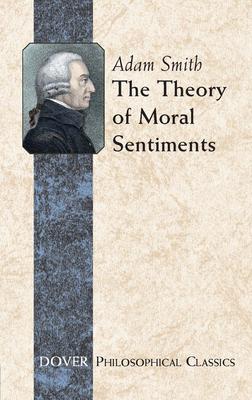
The greatest prudence, Smith suggests, may lie in following economic self-interest in order to secure the basic necessities. This is only the first step, however, toward the much higher goal of achieving a morally virtuous life. Smith elaborates upon a theory of the imagination inspired by the philosophy of David Hume. His reasoning takes Hume's logic a step further by proposing a more sophisticated notion of sympathy, leading to a series of highly original theories involving conscience, moral judgment, and virtue.
Smith's legacy consists of his reconstruction of the Enlightenment idea of a moral, or social, science that embraces both political economy and the theory of law and government. His articulate expression of his philosophy continues to inspire and challenge modern readers.
The greatest prudence, Smith suggests, may lie in following economic self-interest in order to secure the basic necessities. This is only the first step, however, toward the much higher goal of achieving a morally virtuous life. Smith elaborates upon a theory of the imagination inspired by the philosophy of David Hume. His reasoning takes Hume's logic a step further by proposing a more sophisticated notion of sympathy, leading to a series of highly original theories involving conscience, moral judgment, and virtue.
Smith's legacy consists of his reconstruction of the Enlightenment idea of a moral, or social, science that embraces both political economy and the theory of law and government. His articulate expression of his philosophy continues to inspire and challenge modern readers.
Paperback
$14.95